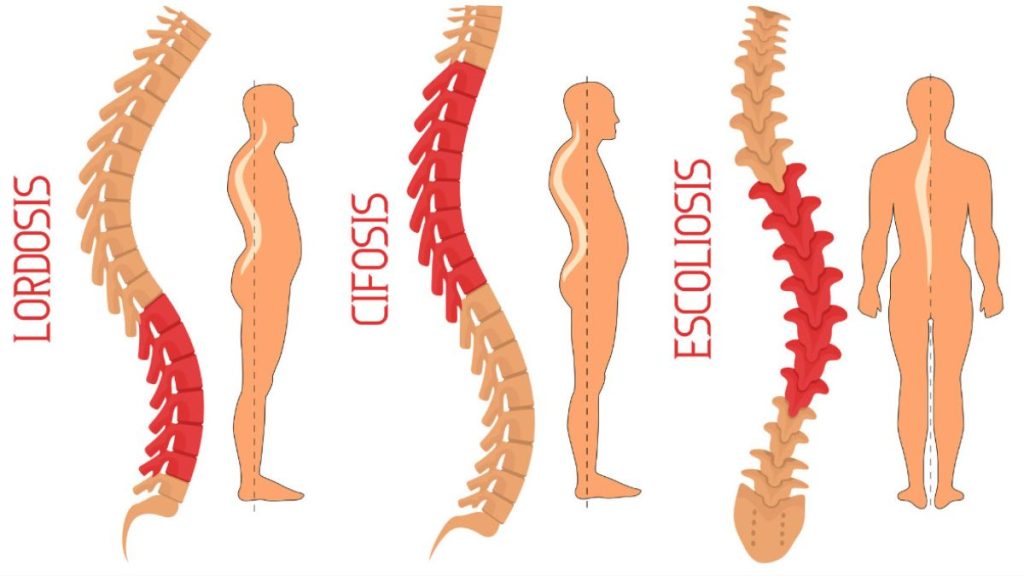
Introduction
Heart disease is a leading cause of death worldwide, and yet there are many misconceptions and myths surrounding it. These myths can lead to misinformation, fear, and poor health decisions. In this article, we aim to debunk some common myths about heart conditions to help you make informed choices and maintain a healthy heart.
Myth 1: Heart Disease Only Affects the Elderly
One of the most prevalent myths is that heart disease only strikes the elderly. While it’s true that the risk of heart disease increases with age, it can affect people of all ages, including young adults and even children. Lifestyle factors such as poor diet, lack of exercise, and smoking can increase the risk of heart disease at any age.
Myth 2: Only Men Are Affected by Heart Disease
Another myth is that heart disease primarily affects men. In reality, heart disease is the leading cause of death for both men and women. However, the symptoms of heart disease can sometimes differ between the sexes, leading to a misconception that it predominantly affects one gender. Women may experience subtler symptoms, making diagnosis more challenging.
Myth 3: Heart Disease Is Inevitable for Those with a Family History
While a family history of heart disease can increase your risk, it does not guarantee that you will develop the condition. Lifestyle choices play a significant role in heart health. You can reduce your risk by adopting a heart-healthy lifestyle, including a balanced diet, regular exercise, and not smoking.
Myth 4: Heart Attacks Are Always Dramatic and Painful
Many people associate heart attacks with dramatic chest pain, clutching the chest, and falling to the ground. While these symptoms can occur, they don’t always manifest this way. Some heart attacks present with milder symptoms, such as shortness of breath, nausea, fatigue, or discomfort in the jaw, neck, or back. It’s essential to recognize these less dramatic symptoms and seek medical attention promptly.
Myth 5: Medications Alone Can Cure Heart Disease
Medications can help manage heart conditions, but they are not a cure-all. Lifestyle changes are crucial for effective management and prevention. A combination of medication, a heart-healthy diet, regular exercise, stress management, and quitting smoking can significantly improve heart health and reduce the risk of complications.
Myth 6: Dietary Fat Is the Main Culprit
There’s a common misconception that dietary fat is the primary cause of heart disease. While excessive saturated and trans fats can contribute to heart problems, a balanced diet that includes healthy fats (like those found in avocados and nuts) is essential for heart health. Sugar, excessive salt, and processed foods are also significant contributors to heart disease.
Conclusion
Dispelling myths about heart conditions is vital for promoting heart health and reducing the prevalence of heart disease. Understanding that heart disease can affect anyone, regardless of age or gender, and recognizing that lifestyle choices play a significant role in prevention are essential steps toward better heart health. By separating fact from fiction and adopting a heart-healthy lifestyle, individuals can take proactive measures to protect their hearts and live longer, healthier lives. Remember that regular check-ups and consultations with healthcare professionals are crucial for monitoring and maintaining your heart health.
“At Oxford Hospital, we prioritize the holistic management of heart problems. While stents can be beneficial in certain cases, our approach emphasizes medication and lifestyle adjustments as the primary means of addressing heart conditions. Under the guidance of Dr. Gurbeer Gill, our experienced medical team focuses on comprehensive care, including personalized medication plans, dietary recommendations, and exercise routines tailored to each patient’s unique needs. We believe that by optimizing medical treatment and promoting heart-healthy habits, we can significantly improve the quality of life for our heart patients without solely relying on stent procedures.”


